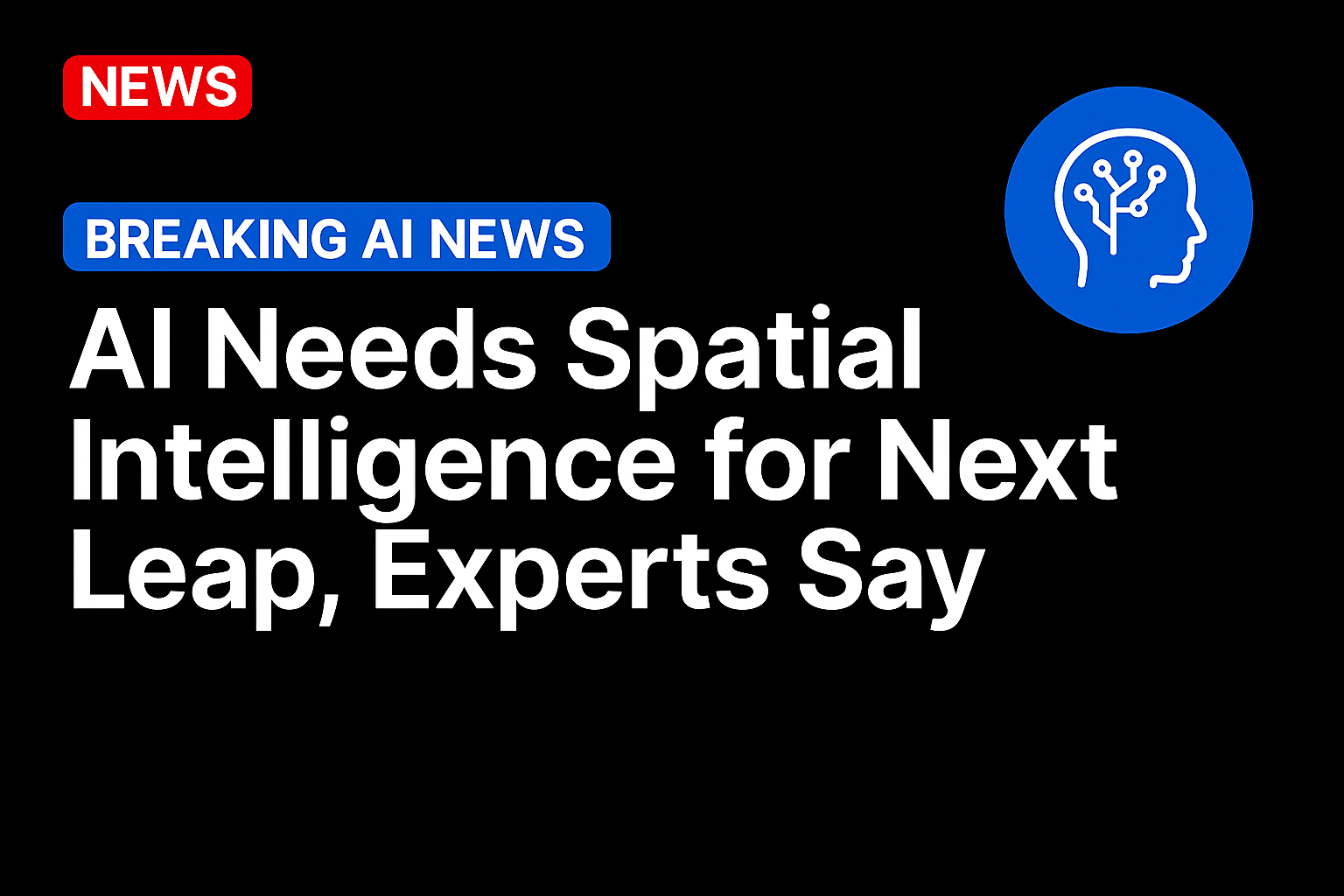In a significant stride for automated security, Google announced that its AI-powered fuzzing tool, OSS-Fuzz, has successfully uncovered 26 vulnerabilities across various open-source code repositories. Among these findings is a medium-severity flaw in the widely-used OpenSSL cryptographic library, marking a pivotal moment in the integration of AI for cybersecurity.
AI Meets Vulnerability Detection
Google’s open-source security team highlighted the milestone in a recent blog post, emphasizing the role of artificial intelligence in generating and enhancing fuzz targets. Unlike traditional methods, AI-driven fuzzing leverages machine learning to simulate a wide array of potential attack scenarios, significantly increasing the likelihood of uncovering hidden flaws.
What is OSS-Fuzz?
OSS-Fuzz is an automated fuzz testing service designed to detect bugs and vulnerabilities in open-source software. By integrating AI, the tool now not only identifies vulnerabilities but also enhances the scope and efficiency of fuzzing operations, reducing the time and effort required for manual analysis.
Key Achievements of AI-Powered OSS-Fuzz:
- Identification of 26 Vulnerabilities: These include issues in critical libraries and frameworks, underscoring the tool’s relevance for widely-used software.
- Focus on OpenSSL: The medium-severity flaw found in OpenSSL, a critical component of internet security, highlights the importance of rigorous testing in maintaining trust in open-source solutions.
- Scalability and Speed: AI-enhanced fuzz targets allow OSS-Fuzz to quickly adapt to a wide range of software environments, making it a powerful tool for developers worldwide.
Implications for Open-Source Security
This development not only reinforces the importance of AI in vulnerability detection but also showcases the growing role of automated tools in securing open-source ecosystems. As open-source software forms the backbone of much of the digital world, innovations like AI-powered OSS-Fuzz are crucial for proactive and scalable security solutions.





